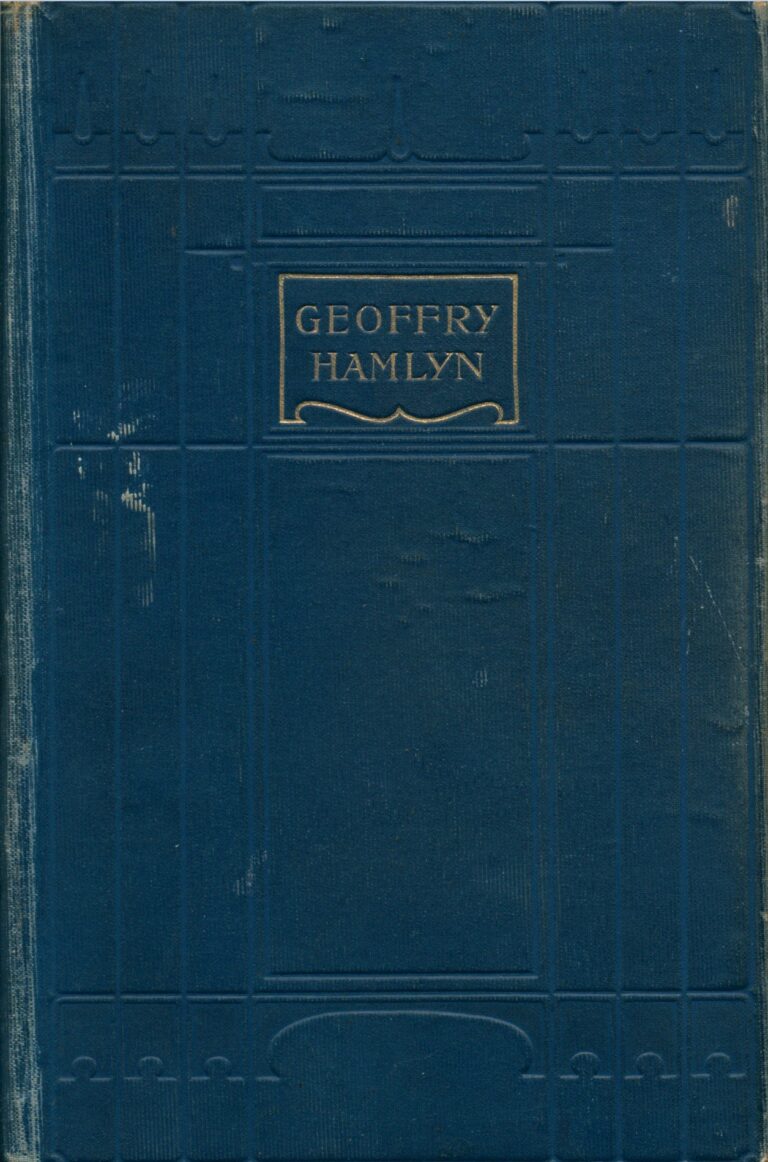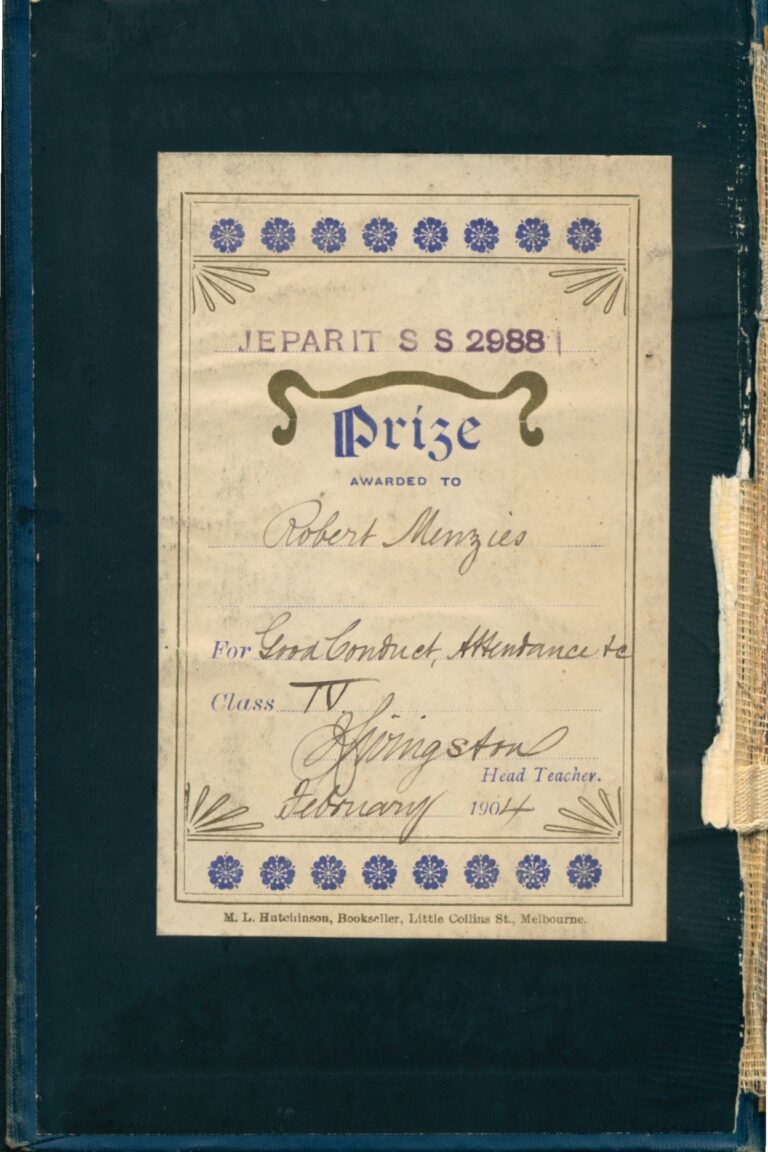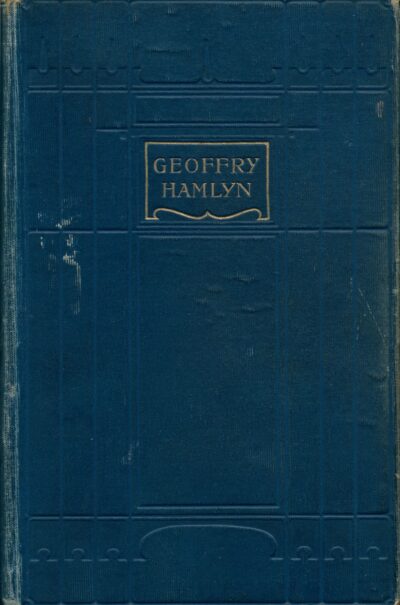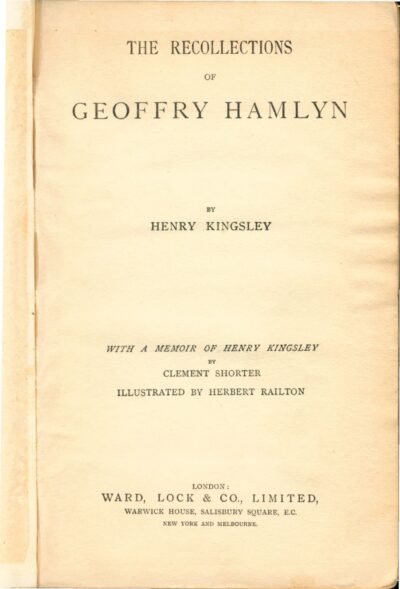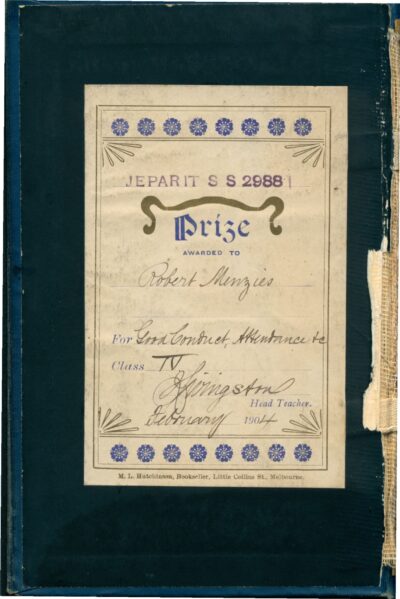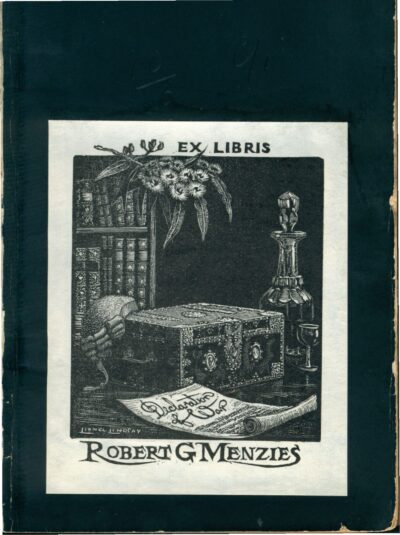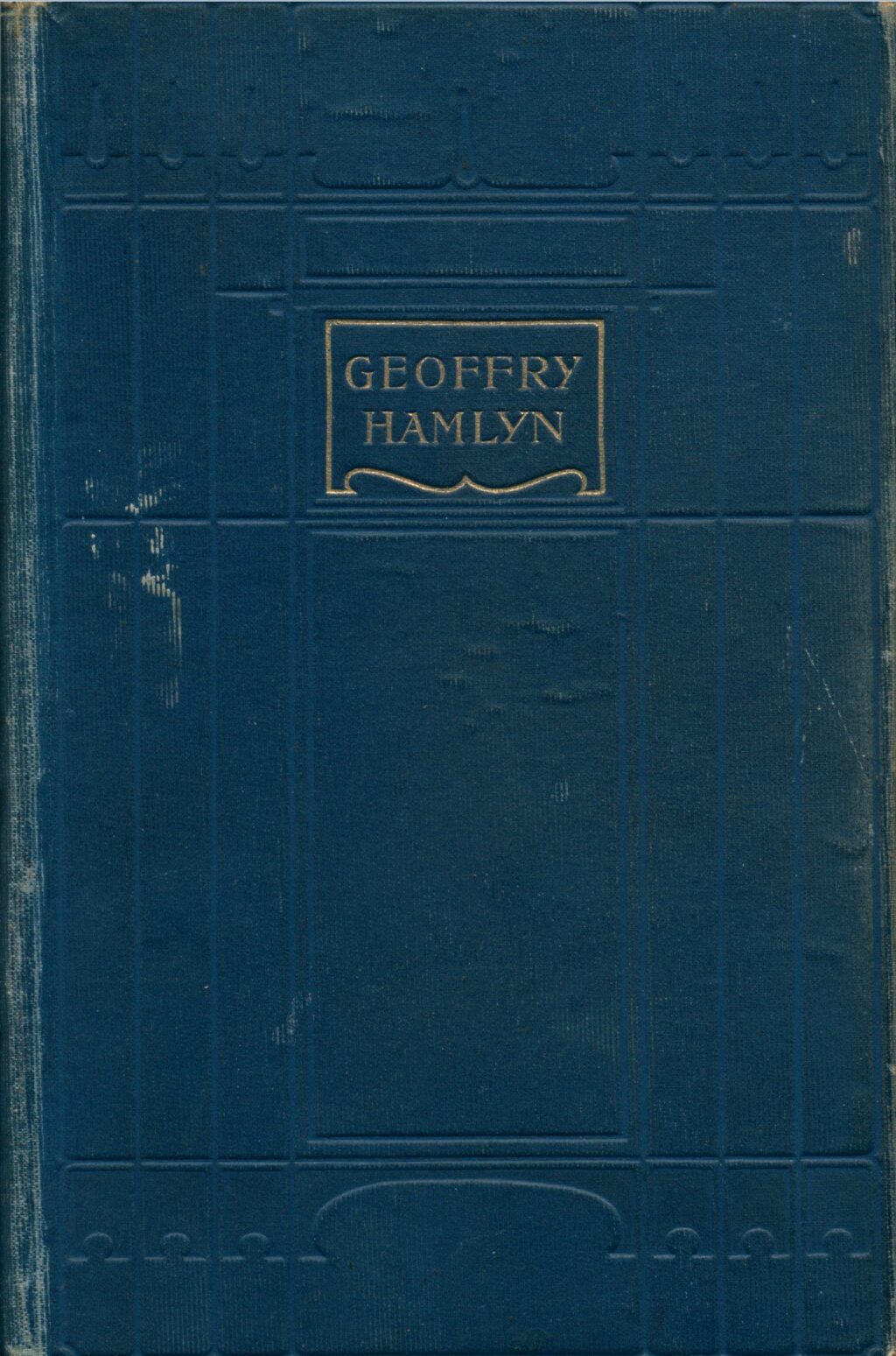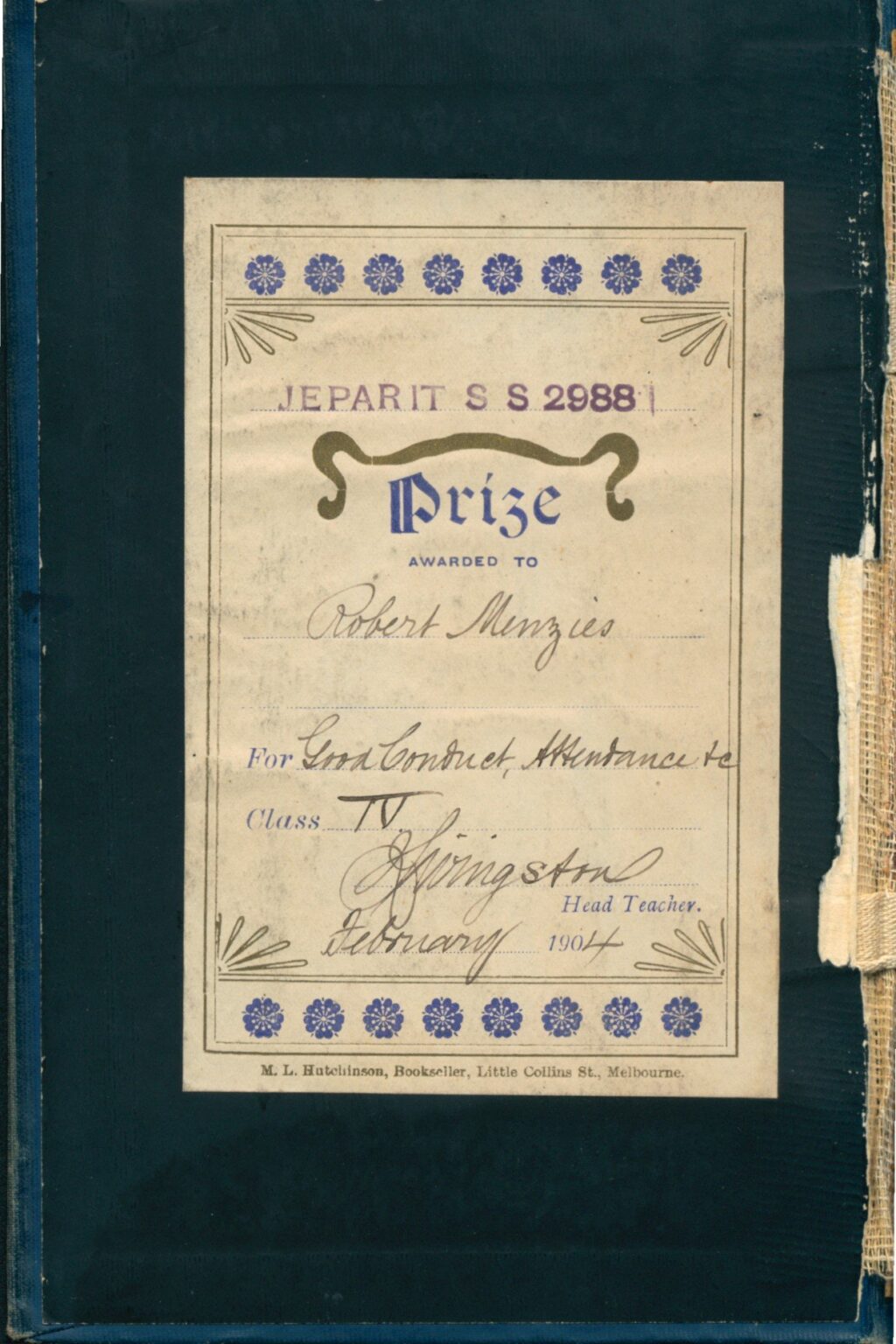Henry Kingsley, The Recollections of Geoffry Hamlyn
Henry Kingsley was a 19th century English novelist who frequently set his works in colonial Australia, and thus acts as an interesting time capsule of how the place was then perceived.
Born in Northamptonshire in 1830 as the son of a Reverend, Kingsley was from a high achieving family which would produce more than one novelist, as well as a travel-writer, a doctor and a naval officer. He attended King’s College School and in 1850 matriculated to Worcester College, Oxford, where he achieved considerable success as an athlete but none as a scholar. ‘Sensitive about his puny and ugly appearance, he was inclined to adulate more personable contemporaries’, particularly his successful brothers, and this played a role in his decision to emigrate to Australia in 1853 in an attempt to carve out a name for himself.
Kingsley’s time in the antipodes would prove to be less fruitful than he hoped, as he tried his hand unsuccessfully at gold mining in Caledonia, Ararat and Omeo, and also spent some time as a police-trooper. Returning to England in 1857, he dedicated himself to literature and within two years he published his first novel The Recollections of Geoffry Hamlyn, which traces the story of two Devonshire county families whose dwindling incomes could not sustain their societal positions, leading them to seek better fortunes in Australia.
The story is enlivened with scenes of bushranging, bushfires, floods and cattle branding; iconic (and perhaps even stereotypical) early images of what life was like in rural Victoria in the nineteenth century. The book has been criticised by radical nationalists for upholding ‘the worst features of English romanticism’ and class assumptions, with convict characters being from the ‘lower orders’ and the displaced gentry quickly finding success which would allow their children to return to their rightful position in Devon.
Menzies’s copy of The Recollections of Geoffry Hamlyn is highly significant because it was one of the first books he ever owned, and certainly the earliest book in the collection for which we have a verifiable date when he obtained it. The book was given to him for ‘good conduct, attendance &c’ at Jeparit State School in February 1904, when Menzies would have been nine years old.
The book is thus an interesting example of what children were expected to read in an age before ‘Young Adult’ fiction had become a recognised genre. But it is also interesting because it speaks to Menzies’s family story, as both the Menzies’s and the Sampsons had migrated from the British Isles to rural Victoria pretty much simultaneously with the author. For all its faults, the book upholds the ‘Australian dream’ of a land of opportunity where through hard work those that had been forced to reluctantly leave their homelands could earn a better life for themselves.
You might also like...
Sign up to our newsletter
Sign up for our monthly newsletter to hear the latest news and receive information about upcoming events.

